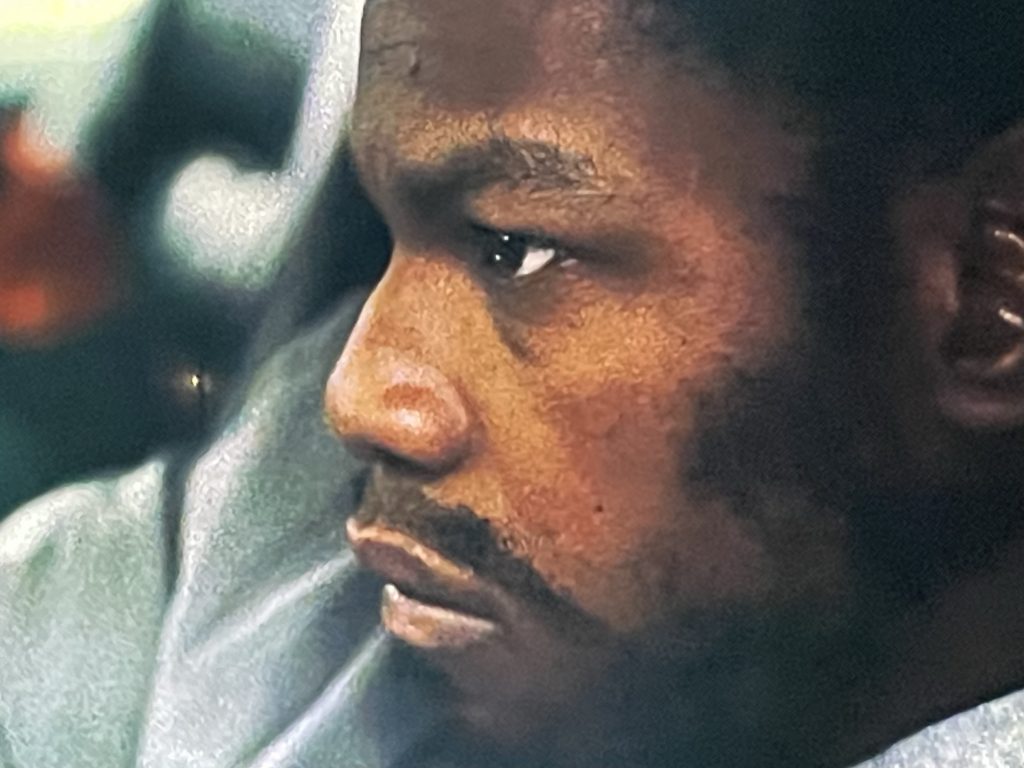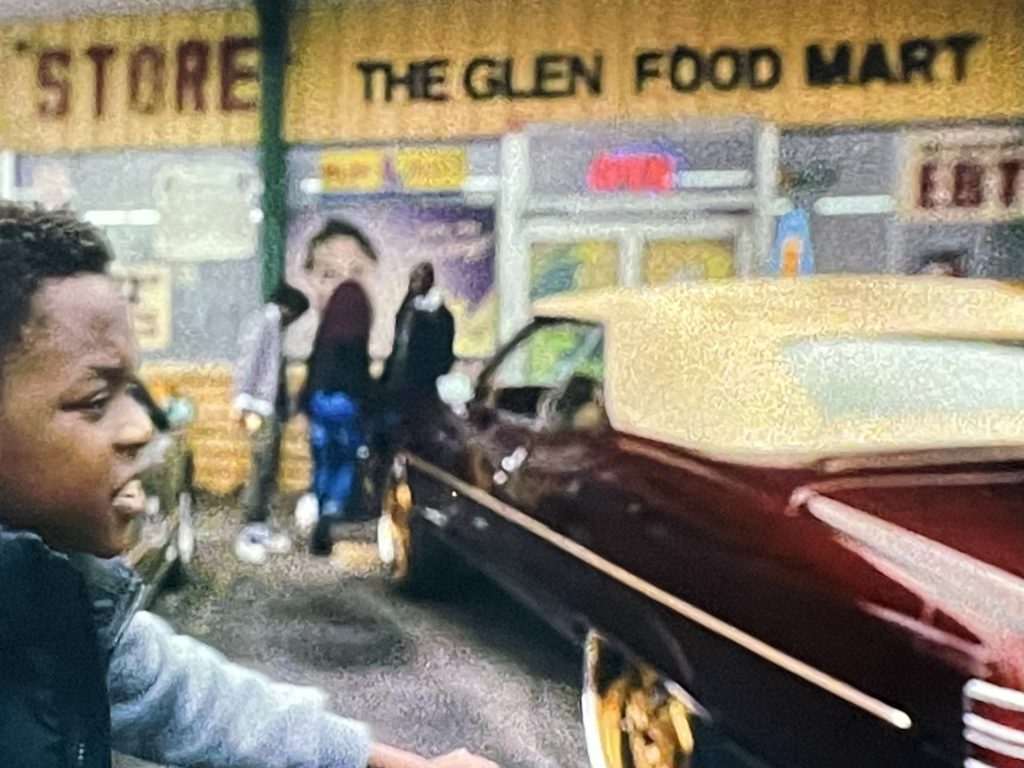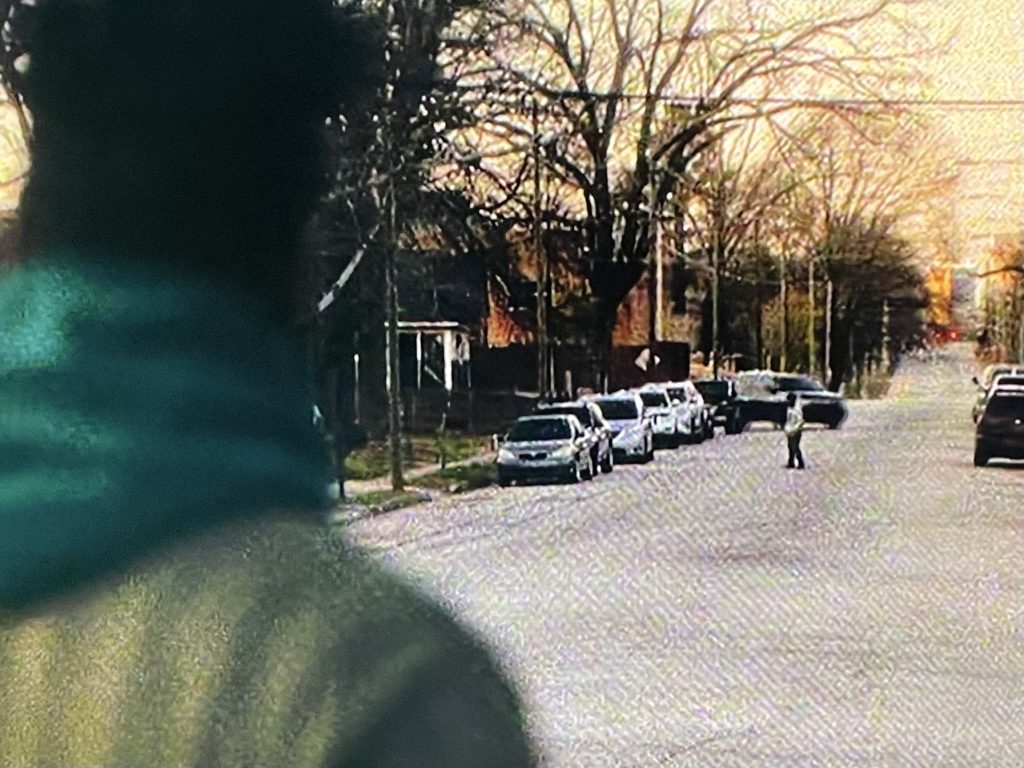THEY CLONED TYRONE, A No-Spoiler Review
Tudum, Neflix’s official fan site, calls THEY CLONED TYRONE a gonzo sci-fi caper. I watched it with my son last week, a second time with my husband last night. Here’s my review. I enjoyed this caper at least as much the second time through. THEY CLONED TYRONE is rated R for violence, nudity and language. This film is streamable on Netflix.

The Short Review
5 Reasons I recommend this film
- starring John Boyega, Jamie Foxx, Teyonah Parris, a fantastic trio, absolutely dynamic in all good ways
- authentic and gritty including design elements wonderfully contrasted in the 2 versions of “the Glen” portrayed
- a story that surprises…even knowing a clone is involved (see title), there are still some fantastic mysteries to solve
- THEY CLONED TYRONE was laugh-out-loud funny in parts, I found the dialogue and characters delightfully entertaining
- a serious social commentary worth contemplating

The Longer Review
When Jordan Peele decided to get into the film creation business and write/direct Get Out, Hollywood (and the general audience) sat up and took notice. Not only was Get Out entertaining in so many compelling ways, it was the fleshing out of an urban myth that a racially charged society like the US understood, even feared. Peele broke the mold with Get Out and then deepened his creative impact with Nope and Us, paving the way for creators like Juel Taylor. Taylor wrote and directed THEY CLONED TYRONE.
One of the things I loved about THEY CLONED TYRONE is that the narrative puts forward an allegorical reality in which systemic racism can be discussed in the real world. Moreover, it does this in an entertaining and thoughtful way. There is a scene early on, a face-off between the Slick, played by Jamie Foxx, and Fontaine, played by John Boyega, where Slick expresses his frustration about black on black violence in The Glen (the story’s setting–a poor black neighborhood of unknown location). To hear the phrase black on black violence verbalized in a narrative by a black character from the hood is a bold move by the filmmaker. He has to know that this idea has been taken up and championed by many conservative politicians, but rarely with appropriate context and compassion. However, when the Foxx character says it, I felt the sadness of the filmmaker’s commentary. It felt appropriately like a cry into the void.
Taylor didn’t overplay his hand with that line, but did leave the phrase vibrating throughout the rest of the narrative. By the finale of the film, the idea is turned upside down. I hesitate to say more because *spoilers*, but there are so many good questions posed in this film, I might just have to watch it a third time.

